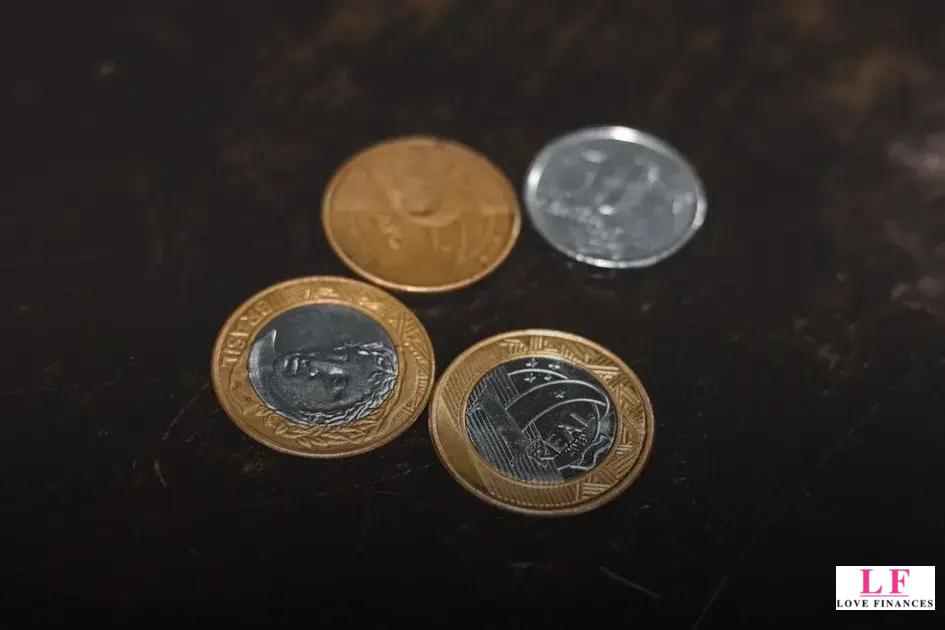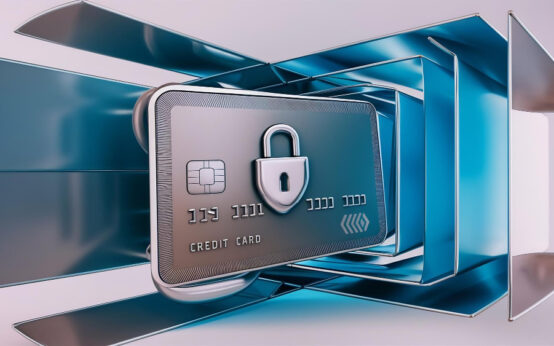Canceling a credit card can be a critical decision. How to cancel a credit card without harming your credit score is essential. Whether you’re looking to avoid fees, manage your finances better, or switch to a better card, understanding the process and implications is crucial. Let’s explore the steps involved.
Understand the Implications of Canceling Your Credit Card
Canceling a credit card can affect your financial health in several ways. Firstly, it can potentially lower your credit score. Your credit utilization ratio might increase if the available credit decreases, negatively impacting your score. Be aware of any outstanding balances on other cards as this ratio is a significant factor in credit evaluation.
Secondly, consider the age of the credit account. Long-standing credit accounts add positively to your credit history. By closing one, you may lose the benefits of that extended history. Financial institutions prefer clients with a stable credit history.
Additionally, examine any rewards or perks associated with the card. You might want to redeem any accumulated points or benefits before canceling. Whether it’s cashback, travel miles, or discounts, ensure that you use them up to not lose out on any potential gains.
Understanding these implications helps in making an informed decision. Weighing the pros and cons ensures that you manage your credit responsibly and maintain a healthy financial profile.
Gather Necessary Information Before Canceling

Before you proceed with canceling your credit card, it’s crucial to gather all necessary information. Start by reviewing your recent billing statements and note any recurring charges or pre-scheduled payments linked to the card. Ensure you transfer or cancel these payments to avoid any interruption in your services.
Check your current balance and make plans to pay it off completely. Some issuers may not allow you to close the account if there is an outstanding balance. Additionally, review the rewards points or cashback you’ve accumulated. Redeem any points or rewards before canceling, as you might lose them when the account is closed.
Gather key details such as your credit card account number, the customer service phone number, and any personal identification information you might need. Having this information at hand will make the cancellation process smoother and quicker when you contact your credit card issuer.
Contact Your Credit Card Issuer
Once you are ready to cancel your card, it’s important to legitimately contact your credit card issuer. This step is crucial for ensuring the process is correctly documented and that you are not held responsible for future charges.
How to Reach Out to Your Issuer:
Most credit card companies offer multiple ways to get in touch—by phone, via secure messaging on their website, or through their mobile app. It’s often most effective to call because you can directly speak to a representative who can confirm your identity and process your cancellation immediately.
What to Say:
Be prepared to provide your credit card number and personal identification details to verify your account. Clearly state that you wish to cancel your credit card and ask for a confirmation number or reference for your records. Additionally, inquire about any remaining balance, rewards, or potential fees that might be associated with the cancellation.
Dispose of Your Card Safely

When it comes to disposing of your credit card safely, it’s crucial to ensure it doesn’t fall into the wrong hands. Start by cutting the card into multiple pieces, making sure to cut through the chip and magnetic stripe.
After you have cut up the card, it’s advisable to dispose of the pieces in separate trash bags. This makes it more difficult for anyone to reconstruct your card and access your financial information.
Another method is to use a shredder designed to handle plastic. These shredders can completely destroy your card, adding an extra layer of security.
Beyond physical disposal, remember to delete any saved card information from online shopping accounts. This further reduces the chances of unauthorized use.
By following these steps, you ensure that your credit card is disposed of in a way that protects you from potential fraud and identity theft.
Monitor Your Credit Report
One of the crucial steps in canceling a credit card is to keep an eye on your credit report. After the cancellation, it’s vital to ensure that the account is reported correctly and closed with a zero balance. Monitoring your credit report helps you detect any inaccuracies, such as an outstanding balance that you paid off or an account that is still reported as open.
Regularly check your credit report from the three major credit bureaus: Equifax, Experian, and TransUnion. This is particularly important within the first few months after canceling the card. Look for any signs of potential identity theft or fraudulent activity, which can occur when old accounts are not properly closed.
If you find any errors, dispute them immediately with the credit bureau. This can typically be done online, by phone, or by mail. Clearing up inaccuracies will ensure your credit score remains unaffected by incorrect information.
Use credit monitoring tools to help alert you to any significant changes or suspicious activities. These tools can provide peace of mind as you track your credit health post-cancellation.



 Best credit cards secured: your path to a stronger credit history <p style='text-transform:none; line-height:20px !important; font-size:16px; font-weight:normal; color:#424242; margin: 0px; margin-top:10px;'>They offer a smart way to show lenders you’re serious about managing your finances.</p>
Best credit cards secured: your path to a stronger credit history <p style='text-transform:none; line-height:20px !important; font-size:16px; font-weight:normal; color:#424242; margin: 0px; margin-top:10px;'>They offer a smart way to show lenders you’re serious about managing your finances.</p>  The best credit cards for lounge access: your key to premium airport comfort <p style='text-transform:none; line-height:20px !important; font-size:16px; font-weight:normal; color:#424242; margin: 0px; margin-top:10px;'>With these cards, you have exclusive access to lounges, offering comfort while you wait for your flight.</p>
The best credit cards for lounge access: your key to premium airport comfort <p style='text-transform:none; line-height:20px !important; font-size:16px; font-weight:normal; color:#424242; margin: 0px; margin-top:10px;'>With these cards, you have exclusive access to lounges, offering comfort while you wait for your flight.</p>  Safe, simple, and fun: discover the best debit cards for kids <p style='text-transform:none; line-height:20px !important; font-size:16px; font-weight:normal; color:#424242; margin: 0px; margin-top:10px;'>These cards offer the flexibility and convenience that both parents and kids need.</p>
Safe, simple, and fun: discover the best debit cards for kids <p style='text-transform:none; line-height:20px !important; font-size:16px; font-weight:normal; color:#424242; margin: 0px; margin-top:10px;'>These cards offer the flexibility and convenience that both parents and kids need.</p>